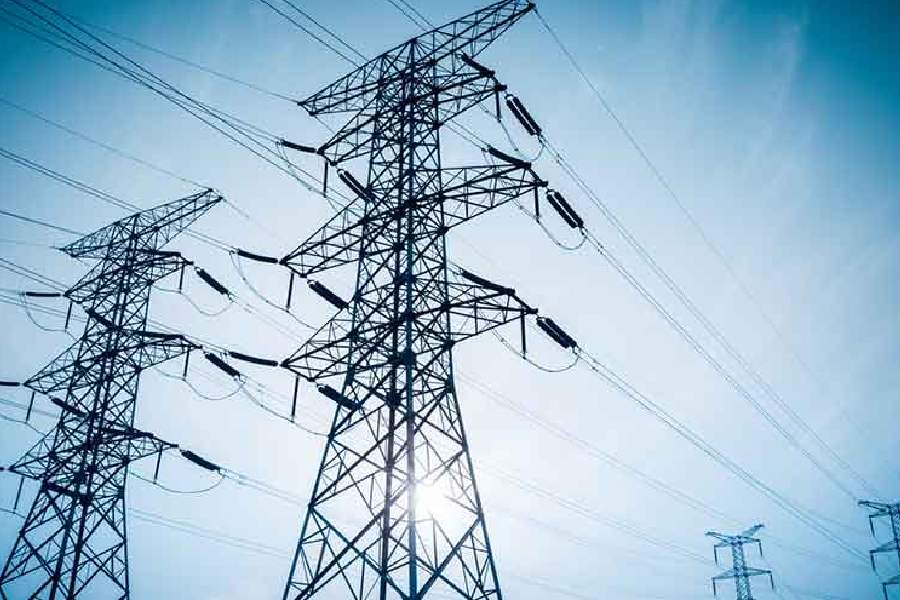India can utilise the huge amount of waste generated throughout the country to produce 65 GW of electricity per annum, which can grow to 165 GW by 2030 and 436 GW by 2050, according to experts.
India generates 65 million tonnes of waste every year, which is estimated to go up to 165 million tonnes by 2030 and 436 million tonnes by 2050 as per a white paper prepared at a two-day workshop of waste management experts held recently.
About 75-80 per cent of the municipal waste gets collected and out of this only 22 to 28 per cent is processed and treated, the document noted.
During the workshop, experts from International Climate Change and Sustainability Action Foundation, IIT, ISM Dhanbad, Tata Institute of Social Sciences (TISS), and industries came together to discuss the way forward to deal with the issue of mounting waste dumping sites.
India has 3,159 active waste dump sites accounting for about 20 per cent of the country's methane emissions, said the white paper which also provides for creating opportunities for recycling, waste-to-energy conversion, and the creation of green jobs.
According to the paper, one tonne of waste is enough for generating one Kwh of electricity. However, the actual output depends upon the quality of the waste.
"We must learn to re-cycle, reduce and re-use the waste... Efforts are needed to compare capabilities, discuss challenges and review emerging technologies for monitoring methane and delineate an action plan for sector specific efforts which india can implement with a specific timeline. These efforts will assist to capture and profitably use methane emissions," said J S Sharma, head, International Centre for Climate and Sustainability Action (ICCSA) Foundation.
The workshop 'Methane Emissions Management from Landfill and Waste' was organised jointly by the ICCSA Foundation and TISS, Mumbai and it was presided over by Maharashtra Governor Ramesh Bais.
Rakesh Kumar, Officer of Special Duty, Council of Scientific & Industrial Research, underscored the need for better source segregation, theory of change and the possibility of using AI (artificial intelligence) for methane management.
"From increased urbanisation and industrial activities, our generation of solid waste is high. The rate of piling of municipal and industrial waste on landfills is expected to increase exponentially," he said and added that waste management can result in better environment.
He stated that the launch of International Methane Council is a good step.
As per the Global Methane Tracker, 2022 report, methane emission from landfill is estimated to account for 3 to 19 per cent of the anthropogenic sources in the world. In India, most of the solid wastes are disposed of by landfilling in low-lying areas located in and around the urban centres resulting in generation of large quantities of biogas containing a sizeable proportion of methane.
Highlighting the high cost in transportation of waste and carbon emissions in waste disposal, Anurag Garg from IIT Bombay said, "We must also apply ourselves in reducing waste transportation cost and if we are able to do so, GHG emissions will significantly come down.
"Unless we identify the market for the output (waste to compost), projects are likely to fail." The white paper has suggested the government to come out with a strategy for reducing non-CO2 GHG (green house gas) emission across the sector.
It also stressed on exploring opportunities for joint ventures, technology development and funding for methane mitigation strategies.
Except for the headline, this story has not been edited by The Telegraph Online staff and has been published from a syndicated feed.











